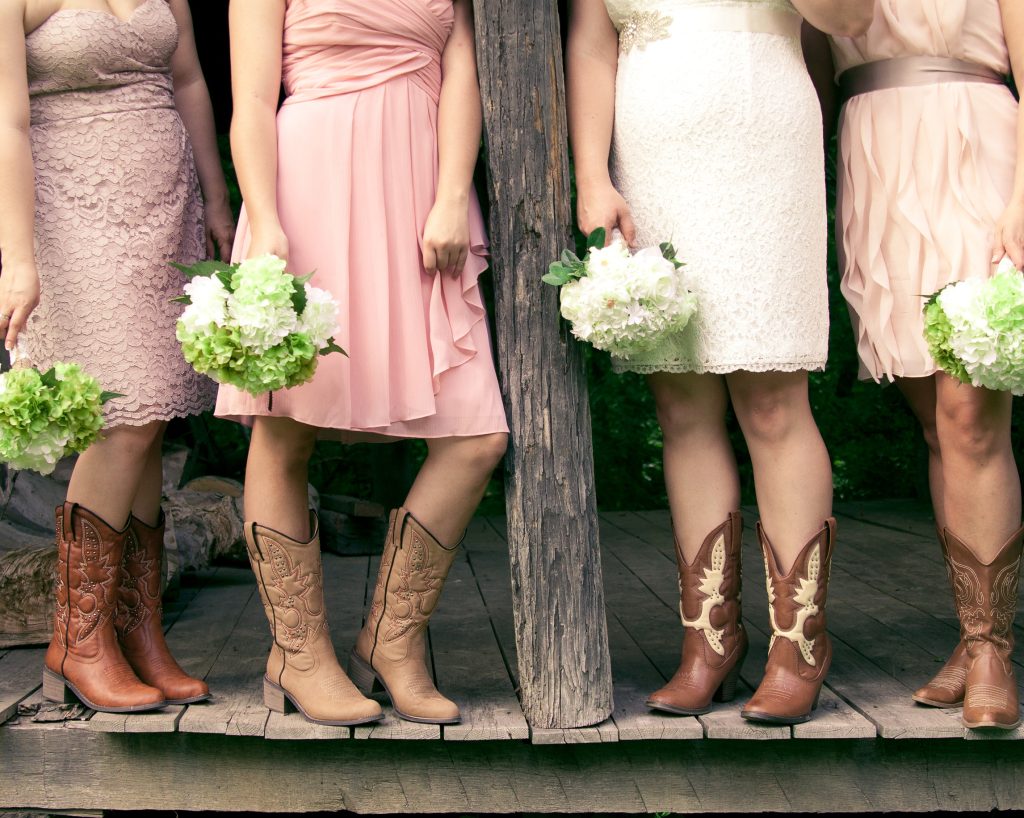
Do you live in Texas? Some of the laws surrounding marriage in the Lone Star State are nothing short of bizarre. Here are seven Texas marriage laws that will make you scratch your head in confusion. Believe it or not, some of these laws are still on the books, even if they’re rarely enforced. From handshake weddings to marriage by proxy, Texas has its fair share of legal quirks. Whether you’re a native or just curious, these laws might just surprise you.
1. Common Law Marriage
Texas is one of the states that recognizes common law marriage. So, if you and your partner live together and represent yourself as married, you don’t even need a ceremony in Texas. Couples can register their common-law marriage by filing a Declaration of Informal Marriage with the county clerk. This includes same-sex couples. You may need to provide documents like tax returns or lease agreements to prove a common law marriage.
2. Marriage by Proxy
Imagine not having to show up to your own wedding. In Texas, one person can stand in for another during a marriage ceremony if one party is unable to attend due to military service or incarceration. That means someone can legally get married without being physically present. The person appointed must be an adult and can’t be the other person they are marrying.
3. Marriage Between In-Laws Is Prohibited
Texas law prohibits marriage between individuals and their parents-in-law, stepchildren, and siblings-in-law. Even if there’s no biological relation, these unions are off-limits. This prohibited union falls under Texas family code. The marriage will be considered void. It will be like the marriage never happened in the eyes of the law.
4. Underage Marriage Was Legal With Parental Consent (Until Recently)
Texas used to allow minors as young as 14 to marry with a judge’s permission. The law changed in 2017. Now you must be at least 18. You can get married at 16-17 with court approval, not just parental consent. This loophole only is if the persons under 18 are legally emancipated.
5. You Can Marry Your First Cousin—If You Already Did in Another State
Texas law prohibits first cousin marriages. In fact, it is illegal and is a criminal offense. Alabama, California, and Vermont are some of the states in the United States with no prohibitions against first-cousin marriages. If you were legally married to your cousin in a state that allows it, Texas will recognize your marriage. It’s an odd legal loophole that causes confusion for relocating families.
6. Officiants Don’t Need to Register
Unlike some states that require officiants to register with a court or clerk, Texas doesn’t require any registration. That means almost anyone who is ordained can legally marry you, no questions asked. This has led to some creative weddings officiated by friends, family members, or even online-ordained ministers. While this flexibility makes it easy to find someone to perform the ceremony, it also means it’s important to confirm the officiant’s authority before your big day.
7. You Have 90 Days to Use a Marriage License
Once you get your license, you have exactly 90 days to tie the knot. If you don’t, you’ll need to start over with a new application. Forgetting this step can lead to an awkward legal surprise. This time limit ensures that your marriage is based on a recent intent to wed. So, don’t delay. Plan your ceremony within that window to keep everything valid.
Weird Marriage Laws in Texas
Marriage laws in Texas are a mix of old traditions, legal quirks, and modern flexibility. While some of these rules might make you laugh, or scratch your head, they reflect the state’s unique legal history and evolving social norms. Whether you’re planning a wedding, considering common-law marriage, or just curious about what’s legally allowed, it’s always smart to know the law. After all, in Texas, getting married can be as simple as a handshake or as complicated as a courtroom.
Read More
6 Amazing Jobs That Were Once Considered Side Hustles
Does Anyone Have Privilege Any More? The Answer No One Is Ready To Hear

Teri Monroe started her career in communications working for local government and nonprofits. Today, she is a freelance finance and lifestyle writer and small business owner. In her spare time, she loves golfing with her husband, taking her dog Milo on long walks, and playing pickleball with friends.

Leave a Reply